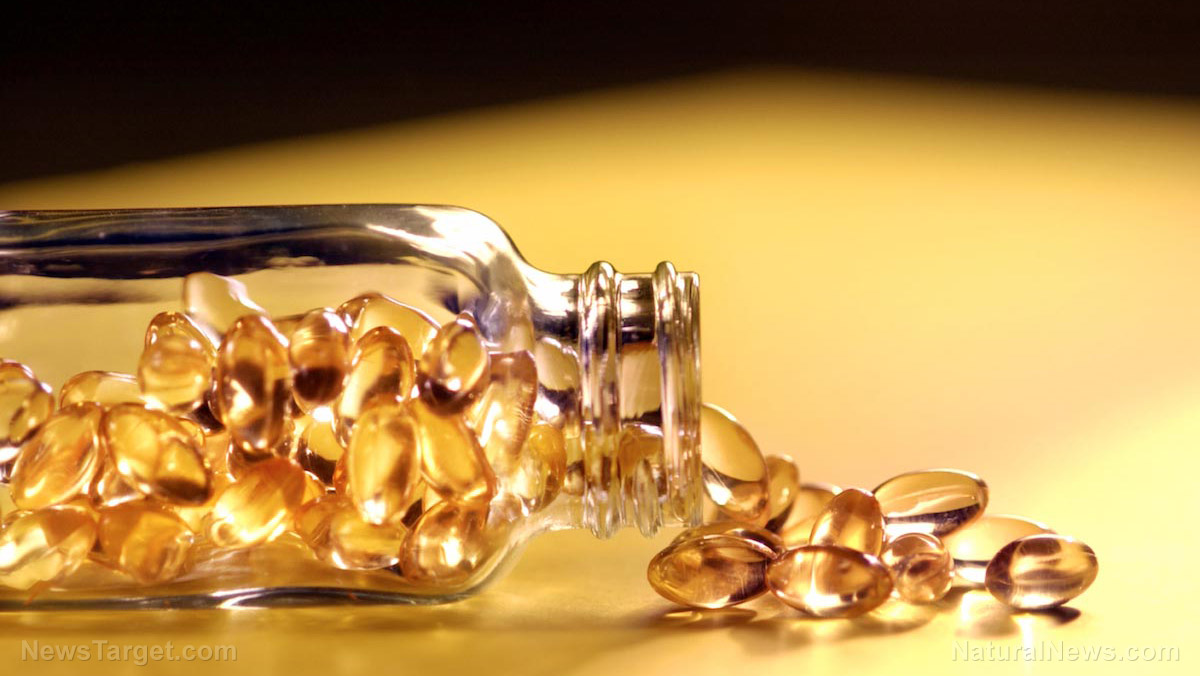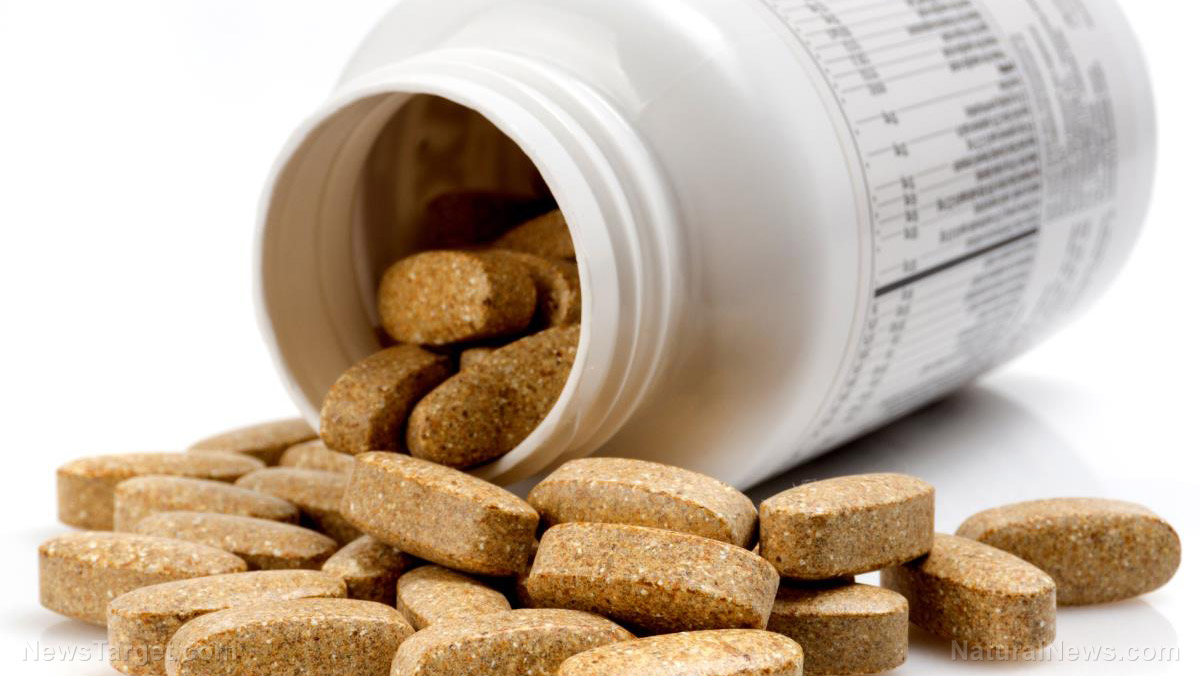More doctors should start taking care of their own health with dietary supplements
05/06/2018 / By Isabelle Z.

When it comes to nutritional supplements, we’re used to hearing about certain groups of people who can benefit greatly, whether it’s athletes, pregnant women, the elderly, or those with certain conditions. However, some experts are lamenting the fact that there has been little in the way of published reports on nutritional supplement use among medical professionals.
It’s a very demanding job, with doctors, surgeons and other medical personnel facing serious pressures along with mental and physical challenges like long hours, extended periods of concentration, and no room for error. Noting the fact that people in other demanding professions – like military personnel, airline pilots, and athletes – have enjoyed performance gains from supplement use, researchers from King’s College London believe that doctors and surgeons could derive similar benefits.
After searching published reports, the researchers noted that highly unsaturated omega-3 fatty acids like DHA and EPA lend positive effects on people’s mental health and well-being in addition to playing a vital role in emotion and cognition. This is very valuable in light of the fact that as many as 20 percent of doctors have had some sort of mental health issue at some point in their careers, and doctors also have a higher suicide risk than the population in general.
The authors noted: “Studies have found that a low concentration of serum DHA is a strong predictor of suicide in the future, as it correlates with an increased risk of depression.”
In fact, omega-3s have been recommended to U.S. military personnel to help boost concentration and mental health.
Vitamin C, meanwhile, can help to reverse fatigue symptoms, which is useful for doctors and surgeons who work long hours and need to be just as sharp in their tenth hour of work as they were during the first hour. It can also help to boost mood and reduce anxiety. In addition, it enhances immune system health and can protect against the common cold.
Another nutrient that could prove useful to doctors is vitamin B3, or niacin. It helps protect against ionizing radiation, which is something that some surgeons are regularly exposed to. This type of radiation is a carcinogen, and although surgeons are generally within the exposure limits that are considered to be safe, orthopedic and trauma specialists are exposed to amounts that are more than five times greater than other types of surgeons.
Vitamin B12 has also been shown to protect DNA from the damage caused by ionizing radiation. In fact, airline pilots who fly regularly at high altitudes often take B vitamin supplements for this very reason.
The researchers’ report was published in the British Journal of Oral and Maxillofacial Surgery.
Doctors might not recommend them to patients, but plenty already take vitamins and supplements
Some doctors take a lot of flak for being quick to give patients prescription medications – presumably with kickbacks of some sort involved – while glossing over the benefits of natural treatments and nutrients from food. However, quite a few doctors already take supplements for their health.
One psychiatrist told Reader’s Digest that she takes 5,000 milligrams of vitamin D nearly every day because she’s well aware of the link between low levels of vitamin D and depression. As an avid sunscreen wearer, she knows she’s missing out on the best source of vitamin D humans have.
Meanwhile, an allergist told the publication that she recommends zinc to her patients because it’s one of the best minerals for staving off infections, promoting immunity, and resisting viruses and bacteria.
It’s not just doctors and surgeons who have stressful jobs; we’ve all felt the pressures piling on to various degrees in our personal and professional lives, so these recommendations could serve you well regardless of your line of work.
Read Nutrients.news for more news coverage of the benefits of nutritional supplementation.
Sources for this article include:
Tagged Under: boost immunity, doctors, mental performance, mind body science, natural health, natural medicine, nutrients, nutrition, nutritional supplements, omega 3, Performance, prevention, stress, supplements, surgeons, vitamin B12, vitamin D, zinc

















